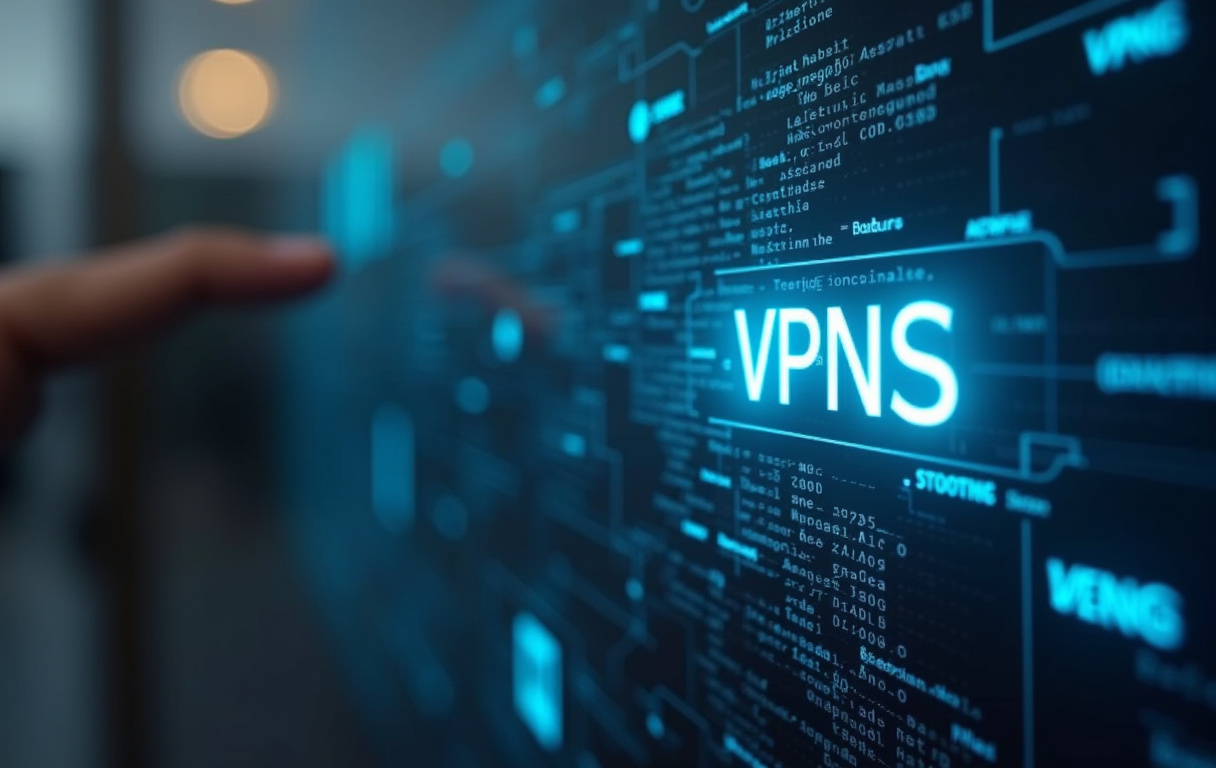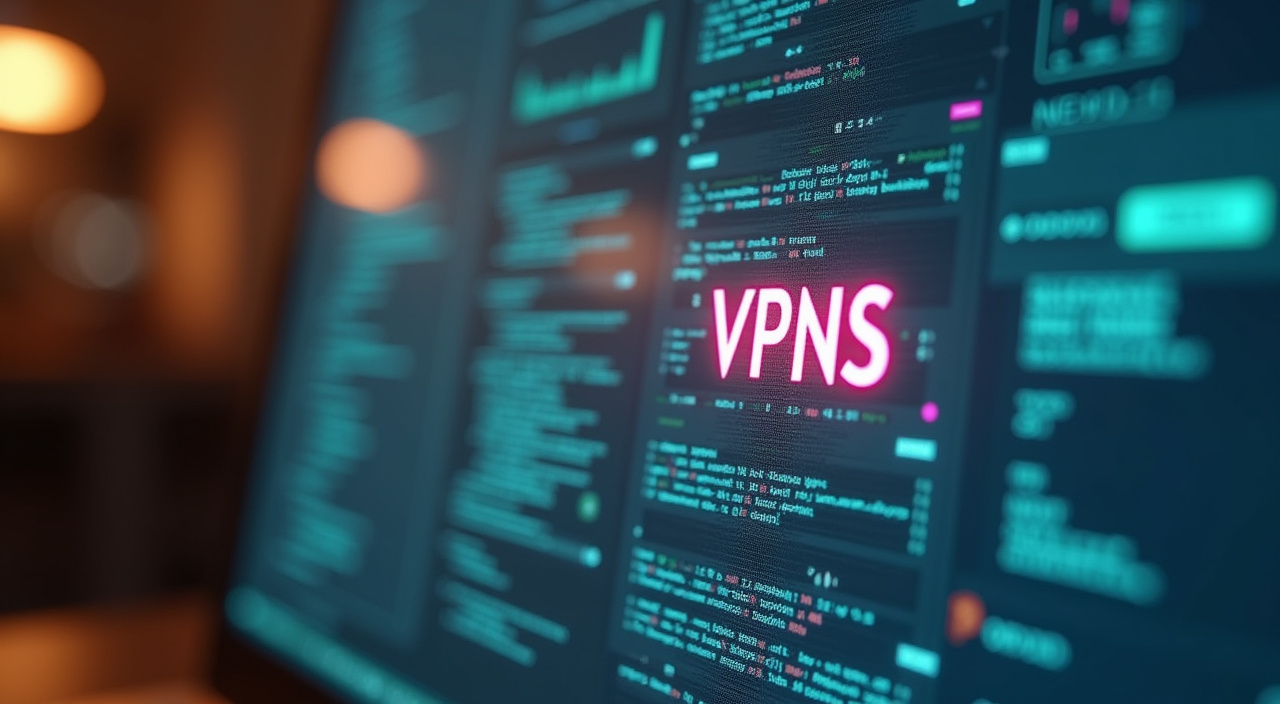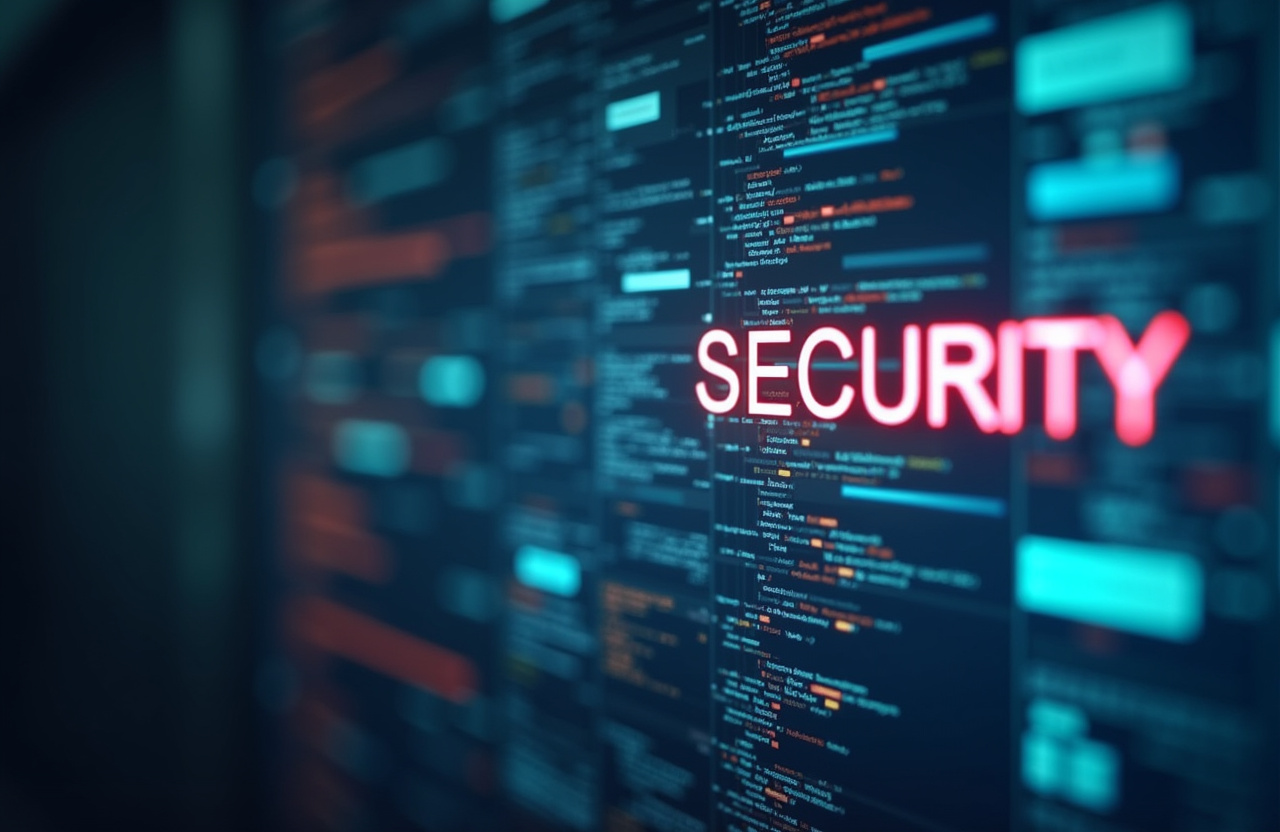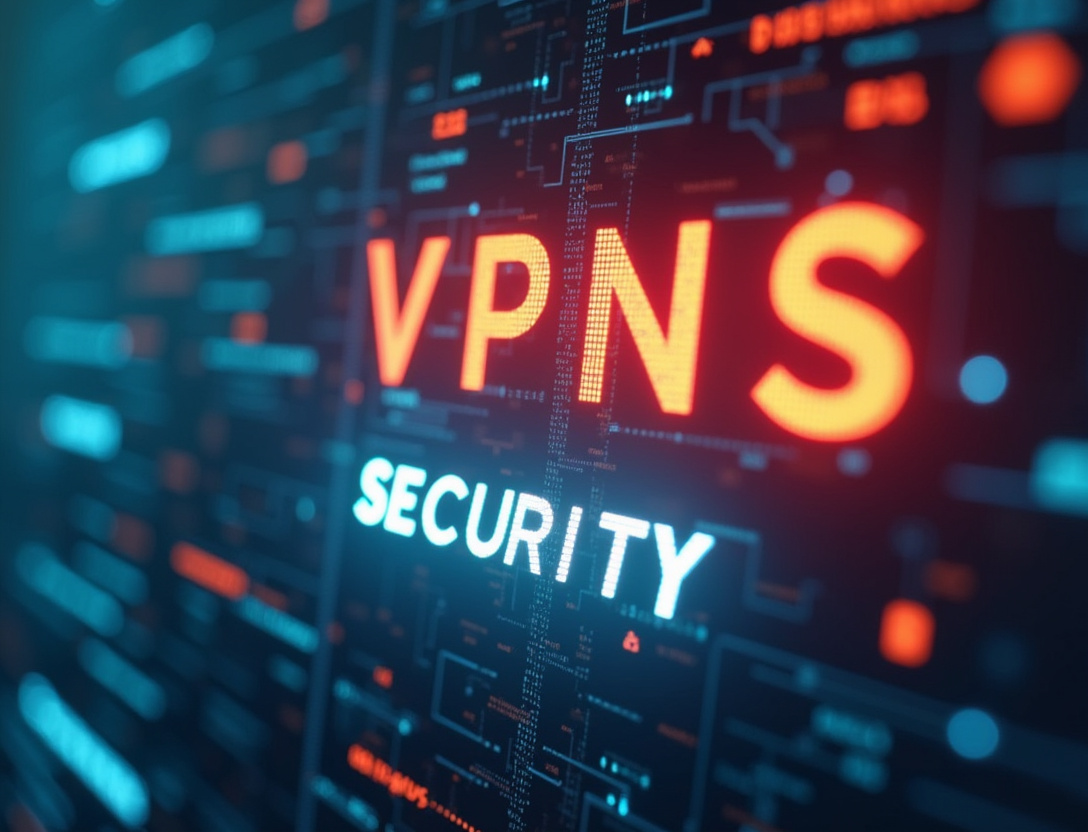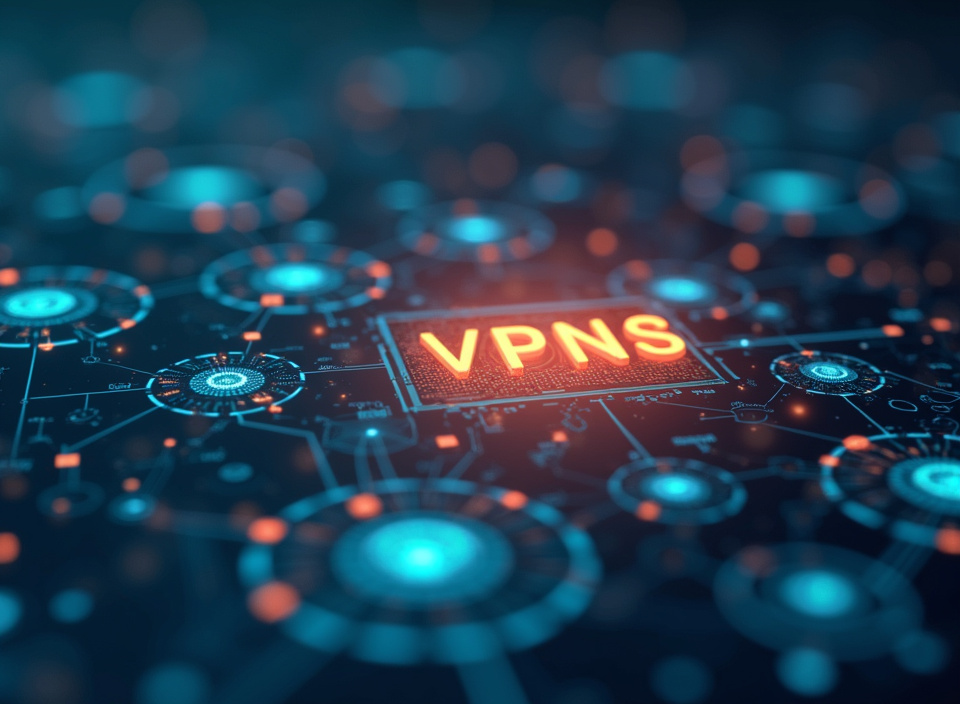VPNs for Entertainment Industry: Safeguarding Digital Assets
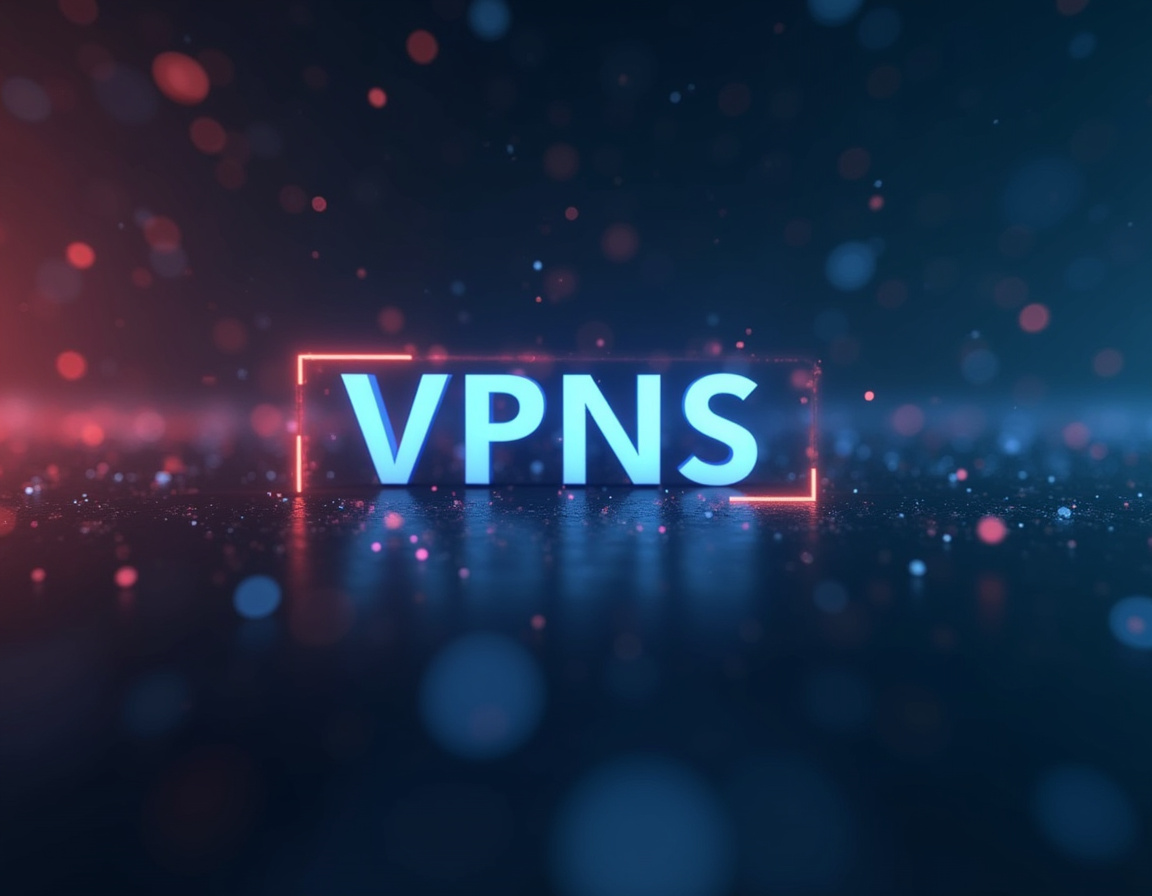
Table of Contents
Securing Digital Assets in the Entertainment Industry: The Role of VPNs
The entertainment industry, a dynamic realm of creativity and innovation, thrives on the production, distribution, and consumption of digital content. From blockbuster movies and chart-topping music to immersive video games and captivating streaming series, the industry's lifeblood is unequivocally digital. However, this digital transformation, while offering unprecedented opportunities, also presents significant and multifaceted challenges, particularly concerning the protection of valuable digital assets.
The insidious risk of piracy, rampant copyright infringement, and the ever-present threat of unauthorized access loom large, threatening established revenue streams, undermining the principles of fair compensation, and potentially stifling the very foundation upon which the industry is built. In this complex landscape, Virtual Private Networks (VPNs) emerge as a critical and increasingly indispensable tool, offering a robust and adaptable layer of security and enabling entertainment companies to proactively safeguard their digital assets from a wide range of evolving threats. The intelligent use of an 'entertainment VPN' transcends the simplistic notion of merely masking IP addresses; it represents a fundamental shift towards a security-conscious approach, establishing a secure, encrypted, and impenetrable tunnel for all data transmission, effectively shielding sensitive information from prying eyes, opportunistic hackers, and other malicious actors who seek to exploit vulnerabilities.
The entertainment sector continually grapples with the delicate balance between ensuring accessibility for legitimate consumers and maintaining robust 'digital asset security'. A meticulously designed and skillfully configured VPN provides a crucial and often decisive advantage in this ongoing strategic battle. 'Content protection', understandably one of the primary and overriding concerns for entertainment companies, becomes significantly more manageable and demonstrably more effective with the implementation of robust VPN protocols and adherence to stringent encryption standards.
VPNs ensure that pre-release content, which is often the most vulnerable to leaks, ongoing project files containing invaluable intellectual property, and all confidential communications remain secure and protected throughout their entire lifecycle, from initial conception to final distribution, preventing unauthorized access, premature leaks, and the catastrophic consequences of widespread unauthorized dissemination. Furthermore, the fundamental principle of 'intellectual property rights', the bedrock of the entertainment industry's creative output, is directly and unequivocally supported by the strategic utilization of a VPN. By proactively preventing unauthorized access, actively deterring illicit copying, and diligently combating illegal distribution, VPNs empower entertainment companies to maintain firm and unwavering control over their copyrighted material, ensuring that they receive rightful and fair compensation for their creative work, their substantial investments, and the intangible value of their intellectual property.
The specific and tangible advantages of deploying a purpose-built 'VPN for industry' specifically tailored to the entertainment sector are manifold, encompassing a wide spectrum of benefits ranging from exceptionally secure remote collaboration to the fortified protection of sensitive financial data and confidential business communications. This enables global teams working within large and complex entertainment companies to collaborate securely and seamlessly on projects, facilitating the exchange of large files, sharing confidential scripts, and discussing sensitive financial information without the ever-present fear of interception, eavesdropping, or malicious tampering. Moreover, it powerfully safeguards financial transactions related to licensing agreements, film distribution contracts, and royalty payments, effectively preventing fraudulent activities, mitigating financial risks, and ensuring the ongoing financial integrity of the organization.
The demonstrable benefits extend far beyond the realm of pure security, as VPNs can also significantly enhance the overall efficiency, operational agility, and competitive advantage of cutting-edge entertainment operations. With ready and secure access to geographically dispersed global resources and enhanced remote collaboration capabilities, entertainment companies can optimize their workflows, accelerate otherwise lengthy project timelines, and ultimately improve their competitive edge in a fast-moving and rapidly evolving global entertainment market. The innate adaptability and scalability of modern VPN solutions make them ideally suited to the dynamic and often unpredictable needs of the entertainment industry, which frequently involves fluctuating workloads, geographically distributed teams working across multiple time zones, and the constant need to adapt to evolving technological landscapes.
Subtitle not available
The selection and implementation of a suitable VPN solution for the entertainment industry necessitate a careful and strategic consideration of several critical factors. Not all VPNs are created equal, and therefore, choosing the right one is paramount for maximizing security effectiveness, ensuring optimal performance, and ultimately achieving the desired level of 'digital asset security'. The first step in this selection process involves a thorough understanding of the various VPN protocols available and their respective strengths and weaknesses.
OpenVPN, for instance, is widely recognized and frequently chosen within security-conscious sectors for its robust security features, its open-source transparency, and its proven track record of reliability. Its inherent adaptability and utilization of strong encryption algorithms make it an ideal choice for safeguarding a wide range of sensitive data commonly found within entertainment companies, from pre-release film assets to confidential artist contracts. Another protocol, WireGuard, has been rapidly gaining prominence in recent years due to its impressive speed and overall efficiency, all while maintaining a high level of robust security.
It's particularly well-suited for bandwidth-intensive tasks, such as high-resolution streaming and the transfer of extremely large files, both of which are common and crucial activities within the modern entertainment industry. IKEv2/IPsec offers a stable and consistently secure connection, especially beneficial for ensuring seamless connectivity on mobile devices, such as those often used by location scouts, production crews, and travelling executives. It's frequently preferred for guaranteeing continuous VPN connectivity during transitions between different networks, such as moving from a secure Wi-Fi network to a less-secure cellular network, which can maintain an uninterrupted encrypted connection.
PPTP, while historically one of the older VPN protocols, should generally be avoided in contemporary deployments due to its well-documented and widely known security vulnerabilities. Encryption strength is another critically important aspect to consider when evaluating potential VPN solutions. AES (Advanced Encryption Standard) with a key length of 256 bits is widely recognized as the industry gold standard, providing formidable protection against brute-force attacks and sophisticated decryption attempts.
A truly robust and reliable VPN service will also employ strong authentication methods, such as multi-factor authentication (MFA), to prevent unauthorized access to the VPN server itself, regardless of network conditions. MFA introduces an extra and highly effective layer of security by requiring users to positively verify their identity through multiple independent channels, adding an additional hurdle for would-be attackers beyond simply obtaining a static password. This can involve a password combined with a one-time code sent to the user's registered mobile device, biometric authentication, or other advanced security measures.
Furthermore, the geographical location of the VPN server is an important and often overlooked factor to carefully consider. Entertainment companies often need to access geographically restricted content or restricted services, such as streaming platforms only available in specific regions or distribution networks that operate within defined geographical boundaries. A VPN server strategically located in the appropriate geographic region can reliably enable access to these crucial resources while simultaneously maintaining a secure and encrypted connection, circumventing geo-restrictions and ensuring operational efficiency.
It is equally important to meticulously examine and understand the logging policies of the VPN provider. A reputable and trustworthy provider will unequivocally adhere to a strict and independently verified "no-logs" policy, unequivocally stating that they do not track, record, or store any user activity data, browsing history, connection timestamps, or personally identifiable information. This commitment to privacy ensures user anonymity, prevents the VPN from becoming a potential source of compromise in the event of a data breach, and safeguards 'intellectual property rights'.
Ultimately, the decision to select a suitable 'entertainment VPN' for implementation within the entertainment industry requires a thorough understanding of specific security requirements, a detailed assessment of performance needs, and a comprehensive analysis of the current threat landscape, including potential risks and vulnerabilities. By diligently evaluating the various available options, carefully weighing the pros and cons of each choice, and selecting a VPN solution that closely aligns with their specific operational needs, robust security policies, and long-term business goals, entertainment companies can significantly enhance their 'digital asset security' posture, mitigate potential risks, and protect their valuable intellectual property going forward..
Subtitle not available
Beyond the purely technical specifications and meticulous selection process, the truly effective implementation of VPN solutions hinges critically on the establishment of comprehensive and well-defined security policies, coupled with the provision of thorough and ongoing user training. A VPN, regardless of its underlying technical sophistication, is only as effective as the policies that govern its use and the level of awareness demonstrated by the users who rely on it for their daily tasks. Security policies should clearly and unambiguously define the acceptable and permitted uses of the VPN, comprehensively listing the specific types of data that are expected to be protected at all times, and outlining the detailed procedures for promptly reporting any security incidents or suspected breaches of protocol.
These policies should also clearly delineate the responsibilities of each individual user, explicitly defining their obligations regarding the proper handling of VPN credentials, emphasizing the paramount importance of maintaining strong passwords, and stressing the need for keeping their operating systems and VPN software consistently up to date with the latest security patches. Regular and engaging user training is absolutely essential to ensure that all employees fully understand the evolving risks associated with data breaches and the importance of consistently adhering to established security protocols. This training should be provided on a recurrent basis, not just as a one-time onboarding exercise, to reinforce key concepts and to introduce new threat vectors as they emerge.
Training sessions should thoroughly cover essential topics such as phishing awareness, demonstrating how to identify and avoid deceptive emails and websites designed to steal credentials, and reinforcing best practices for password security, including the use of strong, unique passwords and the avoidance of password reuse across multiple accounts. They must also cover the correct and proper day-to-day use of the VPN software, explaining how to connect and disconnect securely, highlighting the importance of verifying the VPN connection before transmitting sensitive data, and providing troubleshooting tips for common connectivity issues. The seamless integration of the chosen VPN solution into the organization's existing IT infrastructure should be carefully planned and executed to minimize any potential disruption to ongoing operations and to ensure the ongoing seamless and efficient user experience.
This crucial integration process includes properly configuring firewalls to permit and route VPN traffic effectively, setting up appropriate network routing rules to direct data through the VPN tunnel, and tightly integrating the VPN with existing authentication systems, such as Active Directory or other identity management platforms, for streamlined user authentication and authorization. Regular monitoring and periodic auditing of VPN usage is an essential component of a robust security posture, enabling the timely detection of anomalies and the rapid response to any potential or actual security incidents. This proactive monitoring includes diligently tracking VPN connection logs for unusual patterns or unauthorized access attempts, continuously monitoring network traffic for any signs of suspicious activity that might indicate a compromised system, and conducting periodic and comprehensive security assessments and penetration testing to identify any vulnerabilities in the VPN configuration or the underlying infrastructure.
The organization must also establish a clear and well-defined incident response plan that explicitly outlines the steps to be taken in the event of a confirmed security breach or suspected intrusion. This plan should include detailed procedures for immediately isolating any affected systems from wider network access, rapidly notifying relevant stakeholders within the organization, including IT security personnel, legal counsel, and executive management, for swift action, and implementing a robust recovery process to expeditiously restore normal operations and minimize any potential damage or data loss. For seamless and optimized usage of a 'VPN for industry', the right configuration and
Subtitle not available
In today's interconnected digital landscape, the entertainment industry relies heavily on remote collaboration and global partnerships to create, produce, and distribute content. VPNs play a crucial role in enabling secure remote access to sensitive data and resources for employees, contractors, and partners located around the world. However, simply providing remote access is not enough; entertainment companies must implement robust security measures to protect their digital assets from unauthorized access and data breaches.
One of the most effective ways to secure remote access is to implement a Zero Trust Network Access (ZTNA) model. ZTNA is a security framework based on the principle of "never trust, always verify." This means that every user and device, regardless of their location or network connection, must be authenticated and authorized before being granted access to any application or resource. ZTNA solutions typically use a combination of techniques, including multi-factor authentication, device posture assessment, and micro-segmentation, to enforce granular access control policies.
By implementing ZTNA, entertainment companies can significantly reduce the risk of unauthorized access to their digital assets, even if a user's credentials are compromised. Another important aspect of securing remote access is to ensure that all devices connecting to the network are properly secured. This includes requiring users to install antivirus software, enable firewalls, and keep their operating systems and applications up to date.
Entertainment companies should also consider implementing Mobile Device Management (MDM) solutions to centrally manage and secure mobile devices used by employees and contractors. MDM solutions allow IT administrators to enforce security policies, remotely wipe devices if they are lost or stolen, and track device location. Furthermore, entertainment companies should implement data loss prevention (DLP) solutions to prevent sensitive data from leaving the organization.
DLP solutions monitor network traffic, email communications, and file transfers to identify and block unauthorized attempts to transmit sensitive data outside the organization's control. DLP solutions can be configured to detect a wide range of sensitive data types, including confidential financial information, intellectual property, and personal data. In addition to technical security measures, entertainment companies should also provide regular security awareness training to their employees and contractors.
This training should cover topics such as phishing awareness, password security, and the importance of protecting sensitive data. Employees should also be trained on how to identify and report security incidents. Regular security audits and penetration testing are essential for identifying vulnerabilities and weaknesses in the organization's security posture.
Security audits involve a comprehensive review of the organization's security policies, procedures, and controls. Penetration testing involves simulating real-world attacks to identify vulnerabilities that could be exploited by attackers. The results of security audits and penetration testing should be used to improve the organization's security posture and mitigate identified risks.
To effectively fight against copyright infringement, implementing digital watermarking can be a highly beneficial step. Digital watermarks embed a unique identifier into the video rendering it traceable, creating a visual disincentive to piracy. As the video is traceable, it allows easier pursuing for legal action against those who infringe on the copyright.
Employing forensic marking solutions, which inject imperceptible, robust, and traceable markers into media, can effectively track illegal distribution and pinpoint sources of leaks. This enables swift action against copyright offenders. When dealing with the complexities of 'content protection','intellectual property rights', and aiming for the overall 'digital asset security' necessary for operating a fully functional 'VPN for industry' specifically tailored to the entertainment sector, it is crucial to adopt a proactive stance.
This strategy involves active threat intelligence monitoring, which should proactively identify emerging threats to the sector and put in place effective counter measures. Implementing such active intelligence allows the entertainment sector to maintain a robust defense capable of adapting across the ever evolving digital environment.
Subtitle not available
Looking ahead, the future of VPNs in the entertainment industry promises to be shaped by several key trends and technological advancements. One of the most significant trends is the increasing adoption of cloud-based VPN solutions. Cloud-based VPNs offer several advantages over traditional on-premise VPNs, including scalability, flexibility, and cost-effectiveness.
Cloud-based VPNs can be easily scaled up or down to meet changing demands, and they can be accessed from anywhere in the world. They also eliminate the need for entertainment companies to invest in and maintain their own VPN infrastructure. Another key trend is the integration of VPNs with other security technologies, such as Security Information and Event Management (SIEM) systems and Threat Intelligence Platforms (TIPs).
This integration allows entertainment companies to gain a more comprehensive view of their security posture and to detect and respond to security incidents more effectively. SIEM systems collect and analyze security logs from various sources, including VPNs, to identify suspicious activity. TIPs provide real-time threat intelligence data that can be used to proactively block malicious traffic and identify potential threats.
The rise of edge computing is also expected to impact the future of VPNs in the entertainment industry. Edge computing involves processing data closer to the source, which can reduce latency and improve performance. This is particularly important for bandwidth-intensive applications such as streaming and video editing.
VPNs can be used to securely connect edge devices to the organization's network, ensuring that data is protected even when it is being processed outside the traditional network perimeter. Artificial intelligence (AI) and machine learning (ML) are also poised to play a growing role in VPN security. AI and ML algorithms can be used to automate tasks such as threat detection, incident response, and security policy enforcement.
They can also be used to personalize security policies based on user behavior and risk profiles. For example, AI-powered VPNs can automatically adjust security settings based on the user's location, device, and the sensitivity of the data they are accessing. Quantum-resistant cryptography is another emerging technology that could have a significant impact on VPN security in the future.
Quantum computers have the potential to break many of the encryption algorithms that are currently used to protect VPN traffic. Quantum-resistant cryptography algorithms are designed to withstand attacks from quantum computers, ensuring that VPN traffic remains secure even in a post-quantum world. Entertainment companies should begin to evaluate and implement quantum-resistant cryptography as it becomes available.
The ongoing evolution of regulatory landscape also demands proactive adaptation. Entertainment businesses must stay informed about the laws in place in regards to data privacy and any related compliances. VPNs must be configured and kept in usage alongside compliance initiatives.
It becomes increasingly important to be transparent on how user data is being handled as well as complying to necessary global standards. In conclusion, securing digital assets in the entertainment industry with VPNs is a critical and ongoing challenge, one that requires Entertainment companies to implement robust security measures, provide regular security awareness training, and stay up-to-date on the latest threats and technologies. As this sector leverages a tailored 'entertainment VPN' solution, it is important to ensure that the elements of 'digital asset security', 'content protection', and 'intellectual property rights' are proactively managed, protecting operations and assets alike.
Finally, it is important to regularly assess and update security practices to maintain an active posture on the digital climate; ensuring the 'VPN for industry' implementation remains secure, performant, and compliant.
Stay Updated
Get the latest VPN news, tips, and exclusive deals to your inbox.
